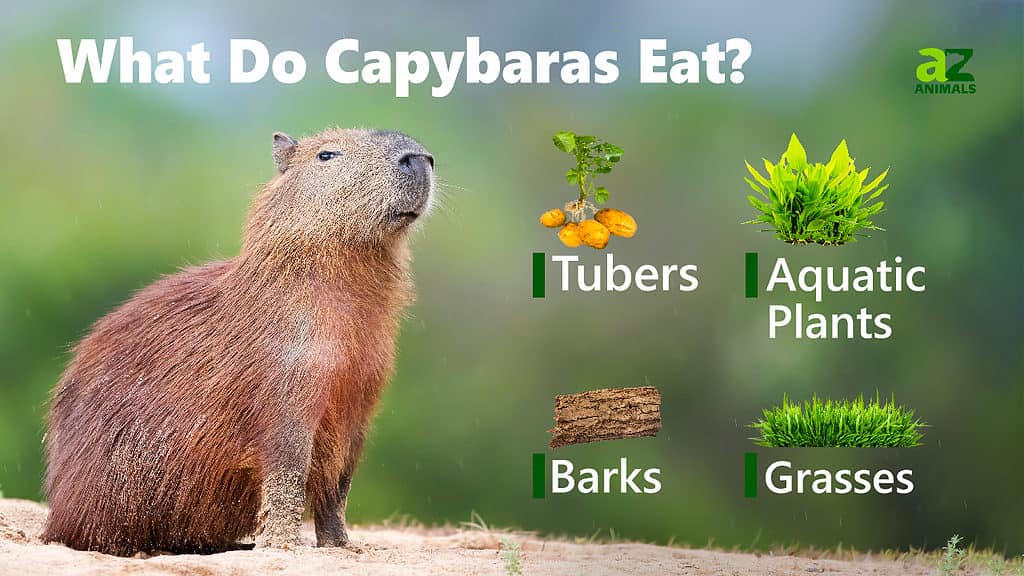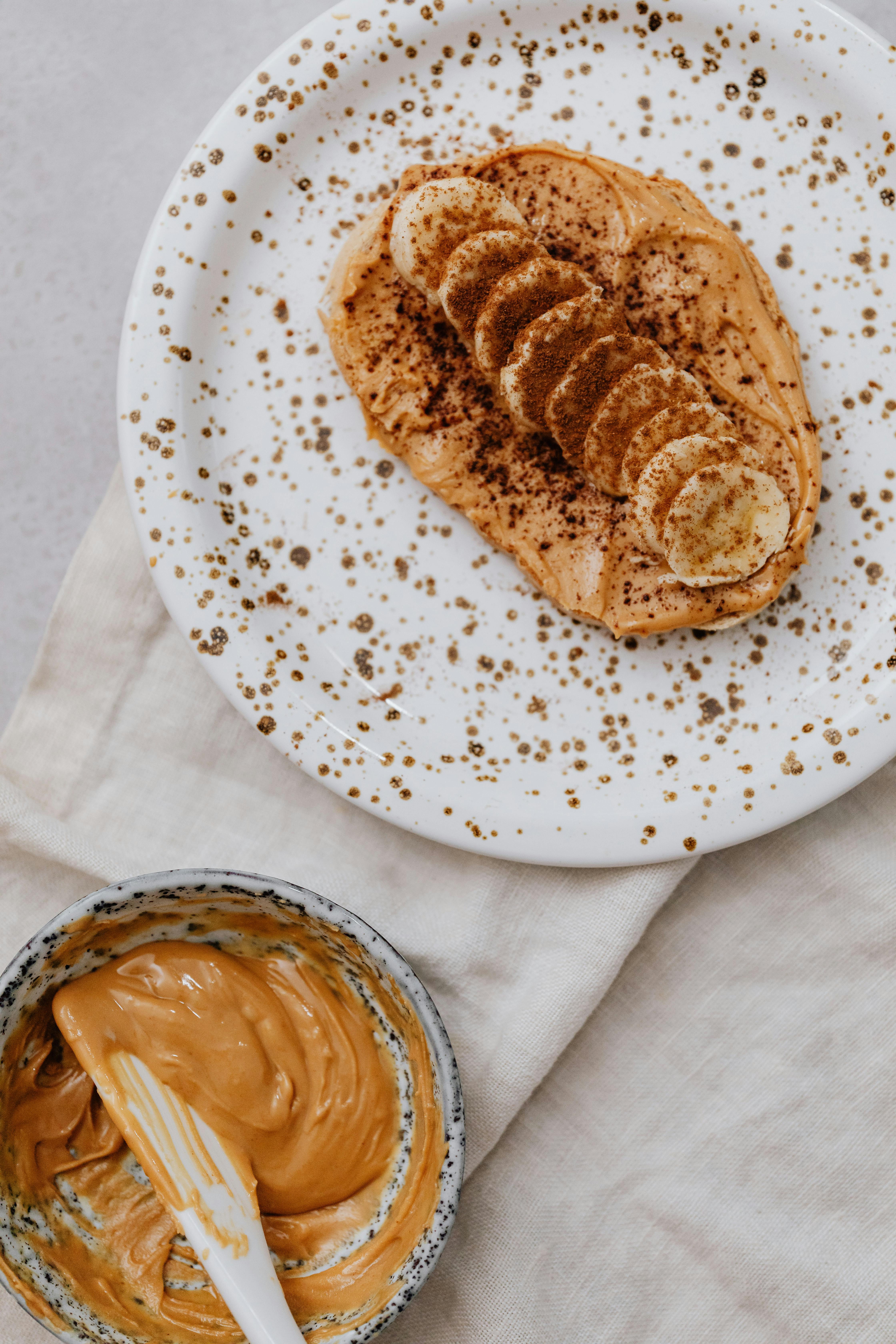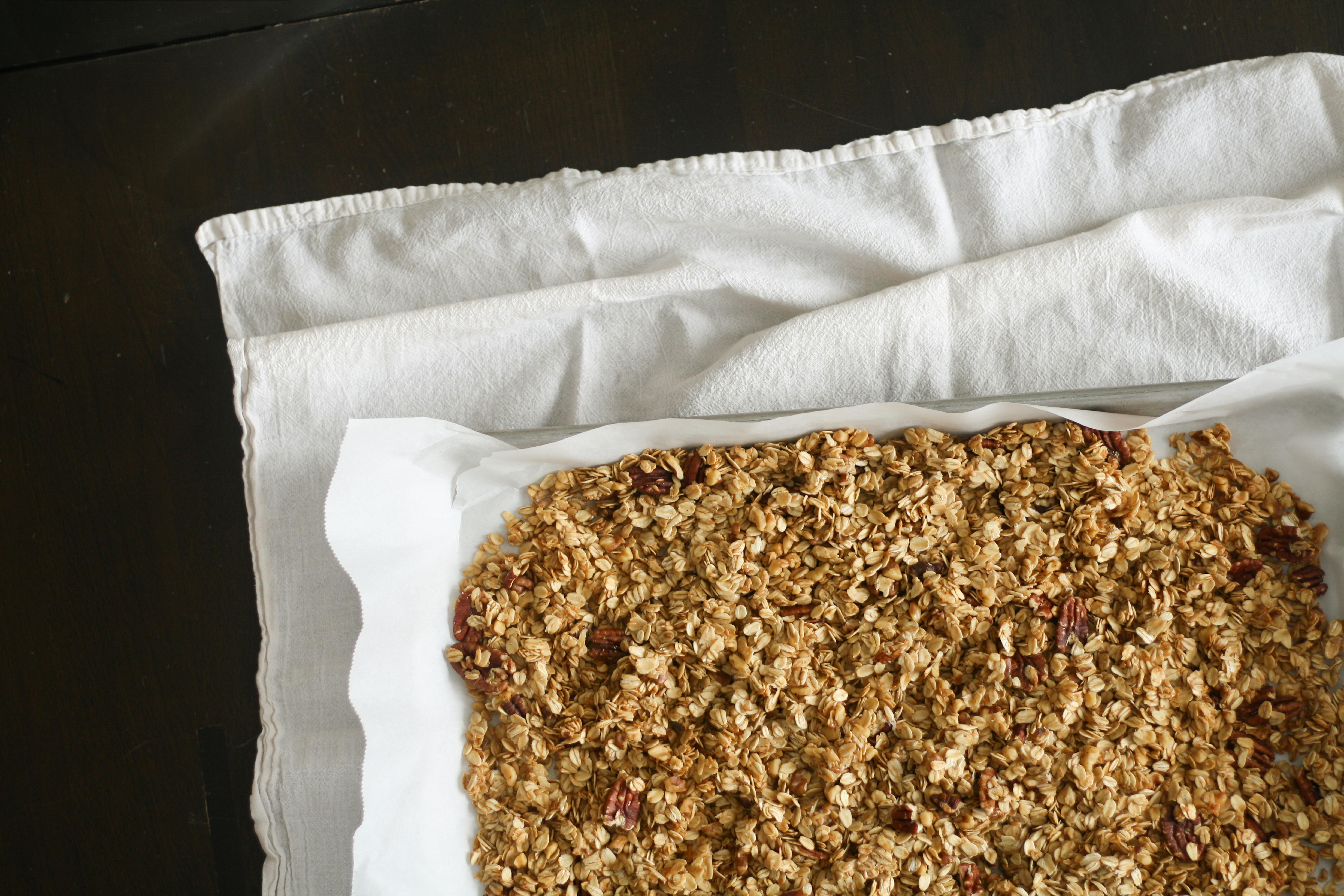Effective Ways to Optimize Your H. Pylori Diet for 2025 Success
Understanding H. Pylori: The Importance of Diet
Helicobacter pylori (H. pylori) is a type of bacteria that can invade the stomach lining, potentially leading to gastritis, ulcers, and even stomach cancer. Recognizing the role of diet in managing H. pylori is crucial for those suffering from symptoms such as stomach pain, nausea, and bloating. Dietary adjustments can significantly impact gut health and the effectiveness of H. pylori treatments. By understanding the best and worst foods to include in an H. pylori diet, you can take proactive steps towards healing.
The H. pylori diet emphasizes the consumption of anti-inflammatory, nutrient-dense foods that support gut health while avoiding irritants like spicy or high-acid foods. Recognizing the connection between diet and H. pylori symptoms paves the way for practical dietary strategies that can lead to improved well-being. This article will provide essential tips, recipes, and dietary recommendations for optimizing your H. pylori diet in 2025 and beyond.

Key takeaways of this article include identifying foods that help heal the stomach lining, understanding the significance of probiotics, and learning about effective home remedies for H. pylori management. Let's dive deeper into the specifics of what you should be putting on your plate.
Choosing Healing Foods for H. Pylori
When curating your H. pylori diet, prioritize healing foods that support digestive health. Foods rich in antioxidants, vitamins, and minerals will not only help combat inflammation but also promote gut bacteria balance.
Foods to Eat for H. Pylori
The best diet for H. pylori includes a variety of plant-based foods and lean proteins. Incorporate plenty of fruits and vegetables like berries, leafy greens, and carrots, which are high in antioxidants. Fermented foods, such as yogurt and kimchi, are another excellent choice for H. pylori nutrition, as they contain probiotics that support gut health. Foods high in fiber, like legumes and whole grains, also promote healthy digestion and can help soothe the stomach lining.
Foods High in Vitamins and Antioxidants
Foods rich in vitamin C and antioxidants are particularly beneficial for those with H. pylori. Citrus fruits, bell peppers, and broccoli are excellent choices. These foods not only help enhance the immune system but also protect the stomach lining from damage while promoting healing.
Anti-Inflammatory Foods
To further reduce inflammation, include anti-inflammatory herbs and spices such as turmeric and ginger in your diet. These ingredients can be incorporated into meals or consumed as teas. Eating fatty fish, which are high in omega-3 fatty acids, is also recommended since they help reduce inflammation in the body.
Probiotics for Gut Health
Probiotics play a critical role in maintaining gut health, particularly in H. pylori cases. Foods like kefir, sauerkraut, and miso can be beneficial. It's vital to include these foods regularly to ensure a proper balance of gut flora and support the treatment of H. pylori.
Practical Tips for Incorporating Healing Foods
Planning and preparing meals ahead of time can help you stick to your H. pylori diet more effectively. Consider creating a weekly meal plan that includes a variety of the foods discussed above. Having healthy snacks on hand and avoiding processed and high-sugar foods will further support your healing journey.
With these foundational dietary choices made clear, our next section will detail what foods to avoid when addressing H. pylori.
Avoiding Foods That Irritate H. Pylori Symptoms
Building on the healing foods, it’s equally important to recognize which foods can exacerbate H. pylori symptoms. Avoiding irritants is critical for managing H. pylori and promoting recovery.
Foods to Avoid for H. Pylori
Processed foods, especially those high in sugar and fat, can aggravate the stomach lining and should be avoided. Additionally, spicy foods and caffeine can lead to increased discomfort and are best limited or completely eliminated from your diet. Alcohol is another irritant that can worsen symptoms, so reducing or avoiding it can be beneficial.
The Role of Dairy in H. Pylori Management
While some dairy products provide probiotics, others can be problematic, especially full-fat and high-lactose items. Some patients may find that dairy exacerbates their symptoms, so it is wise to monitor your body's response to these foods and adjust accordingly.
Understanding Carbohydrates and H. Pylori
Refined carbohydrates and sugars can contribute to an imbalance in gut bacteria and should be minimized. Instead, focus on whole grains that help provide sustained energy and support digestive health.
Identifying Common Foods That Irritate the Stomach
Certain foods may cause inflammation and worsen symptoms, including fried foods and high-acid fruits like tomatoes and citrus in excess. Keeping a food diary can help you identify personal triggers and tailor your H. pylori diet for optimal results.
Long-Term Lifestyle Changes
Incorporating these dietary restrictions is crucial, but managing H. pylori also requires overall lifestyle changes. Ensuring adequate hydration, regular exercise, and stress management techniques will complement your dietary efforts and facilitate gut healing.
Now that we are aware of what to avoid, we can explore specific meal plans and recipes tailored for H. pylori patients.
Creating a Meal Plan for H. Pylori Patients
Planning meals effectively can make a substantial difference in managing H. pylori symptoms. Here’s how to create a comprehensive meal plan that emphasizes healing and balance.
Essential Components of an H. Pylori Meal Plan
Your meal plan should incorporate a mix of healing foods, including fruits, vegetables, whole grains, and lean proteins. Aim for three main meals and two healthy snacks each day, keeping your diet balanced and rich in nutrients.
Sample Recipes for H. Pylori Patients
Try out simple yet effective recipes that adhere to H. pylori dietary guidelines. Consider a smoothie made with spinach, banana, and probiotics-rich yogurt for breakfast or a quinoa salad loaded with vegetables for lunch. For dinner, think roasted salmon with a side of steamed broccoli and brown rice—an excellent way to include anti-inflammatory foods in your diet.
Meal Prepping Tips
Meal prepping can ease the burden of daily cooking. Batch-cook grains like quinoa and brown rice and portion them into containers for the week. Also, chop vegetables and store them in the fridge for quick salads and stir-fries, ensuring you always have nutritious options at hand.
Tracking Your Progress
Keep a journal of your meals and symptoms to track what works best for your body. Over time, this can help you refine your meal plan and adjust your food choices according to your personal experiences and needs.
Consulting with a Professional
For tailored advice, consider consulting a nutritionist familiar with H. pylori management. They can provide individualized dietary recommendations and help create a comprehensive treatment plan based on your specific needs.

With a comprehensive meal plan in place, let's address common questions regarding H. pylori and diet to further support our understanding.
FAQ: Common Questions About H. Pylori and Diet
What are the main symptoms of H. Pylori?
Symptoms of H. pylori include stomach pain, bloating, nausea, and, in severe cases, ulcers. It’s crucial to recognize these signs and adjust your diet accordingly.
Can probiotics help with H. pylori?
Yes, probiotics can support gut health and may help combat H. pylori by restoring balance in gut bacteria. Including fermented foods in your diet is a beneficial strategy.
What dietary changes are recommended for H. pylori?
Focus on consuming a diet rich in healing foods while avoiding irritants. Incorporate more whole foods and reduce processed foods, sugar, and alcohol.
Are there any home remedies for H. pylori?
Some herbal supplements, like garlic and green tea, may support H. pylori management. Certain home remedies can complement a healthy diet but should be discussed with a healthcare provider.
How long should dietary changes be maintained?
Maintaining dietary changes is essential not only during treatment but also long-term for overall gut health. Regular check-ins with a professional can provide guidance on this process.
In summary, an effective H. pylori diet emphasizes a holistic approach to healing. By understanding which foods to eat and which to avoid, you can manage H. pylori symptoms and promote digestive health. Adopting these dietary recommendations will pave the way for a healthier lifestyle in 2025 and beyond.
